Bigelow Laboratory for Ocean Sciences celebrates 50 years
Bigelow Laboratory for Ocean Sciences officially celebrated its 50 anniversary on July 1. In the five decades since its founding in 1974, the institute has continually pushed the boundaries of scientific discovery, buoyed from its earliest days by enthusiastic supporters in the Boothbay community and around the world.
Throughout the year, Bigelow Laboratory will celebrate its history of innovation, and the people who helped make those ocean discoveries and solutions possible, while sharing a bold vision for the coming decades. The celebration will culminate with the grand opening of Bigelow Laboratory’s new center for ocean education and innovation, which is currently under construction at its East Boothbay campus.
The 50th anniversary activities kick off on July 16 at 5 p.m. with the first talk in a special Café Sci series at the Opera House in Boothbay Harbor.
“Bigelow Laboratory pioneered a unique and highly effective model for research and scientific innovation, expanding what we know about the ocean, how scientists study it, and how we may use it to solve global challenges,” said President and CEO Deborah Bronk. “As we begin our anniversary celebrations, we’re excited to look back at all we’ve accomplished with the help of our supporters, and ahead to what will be possible over the next 50 years.”
Loaded with ambition and science equipment, a small research vessel called the Bigelow arrived in Boothbay Harbor 50 years ago marking the beginnings of Bigelow Laboratory. Founded by Charles and Clarice Yentsch, the institute was named for Henry Bryant Bigelow, a trailblazer of modern oceanography.
The Yentsches envisioned the new organization as an independent collaboration of researchers designed to maximize everyone’s creativity and contributions. They sought to avoid departmentalization and hierarchy, prioritize research above all else, and foster interdisciplinary and collaboration. Scientists were encouraged to pursue both lab- and field-based research and to study the ocean as a coherent whole in line with the philosophy of Henry Bigelow.
“We had a particular vision of how people could learn together when this began, but, 50 years ago, neither Charlie nor I could have dreamed that Bigelow Laboratory would become what it is today,” said Clarice Yentsch, one of the co-founders. “The model has continued to bring together an amazing group of curious people in this unique and extraordinary working and natural environment.”
For much of its early history, Bigelow Laboratory was based at McKown Point in West Boothbay Harbor, adjoining Department of Marine Resources facilities. In 2012, the institute moved into its state-of-the-art campus in East Boothbay. As the institute has grown — from just 12 scientists in 1974 to a staff of over 120 today — so has the reach of its discoveries and scientific contributions in all corners of the ocean.
“From the earliest days, Bigelow Laboratory has been a fixture for leading edge research into our world’s ocean,” said Rick Spinrad, NOAA Administrator, Undersecretary of Commerce for Oceans and Atmosphere, and a former Bigelow Laboratory research scientist. “The institute has set the pace and made critical discoveries, and its researchers’ efforts in flow cytometry, particle imaging, and algal culturing are world renown. It is because of Bigelow Laboratory’s leadership in these areas that the oceanographic community has made such wonderful strides in addressing the threats of climate change, hazard mitigation, and sustainable resource management.”
From the beginning, scientists at Bigelow Laboratory aimed to share their groundbreaking work widely and inspire the next generation of scientists. For almost 35 years, that’s included Keller BLOOM — an annual, weeklong program for Maine high school students to get hands-on experience with ocean science. Since the launch of that initiative, the institute has expanded the reach of its educational opportunities — drawing learners from across the country to immerse themselves in cutting-edge science through research internships, professional development workshops, and a semester-in-residence program. As its educational offerings have evolved, the institute has built close partnerships with local academic institutions, such as Colby College and University of Maine, to expand research capacity in the state.
The institute has also always prioritized sharing what it learns with neighbors, supporters, and visitors in the Boothbay community. For several decades, the Café Sci series, which takes place this summer beginning on July 16 at the Opera House, has provided the public with an opportunity to learn more about Bigelow Laboratory’s science and the critical challenges facing the ocean. Likewise, the annual Open House has long provided an opportunity for visitors, especially children, to engage with ocean scientists.
“My experience in Keller BLOOM helped me a lot with public speaking and presenting and taught me how to make relationships with different people,” said Dominic Dow, a recent graduate of the Boothbay Region High School who participated in the weeklong program in 2023 and received a Bigelow Laboratory scholarship this year. “Bigelow Laboratory made me better at working with a team, which is a skill I know I’ll need in my future career and throughout my life.”
Today, the institute is in the midst of its largest expansion in over a decade. Last October, it broke ground on a new center for ocean education and innovation, slated to be completed next spring. Construction is well underway on the 25,000-square-foot addition, which will transform the institute’s education and solutions-focused work for decades to come with new laboratories, teaching spaces, and a 300-seat forum.
“With the new center, and expanding research into pressing issues and opportunities, I know this institute will continue to accelerate the pace of research, inspire the next generation, and unlock the potential of the ocean for the betterment of our society and planet,” Bronk said. “The first 50 years was only the beginning!”


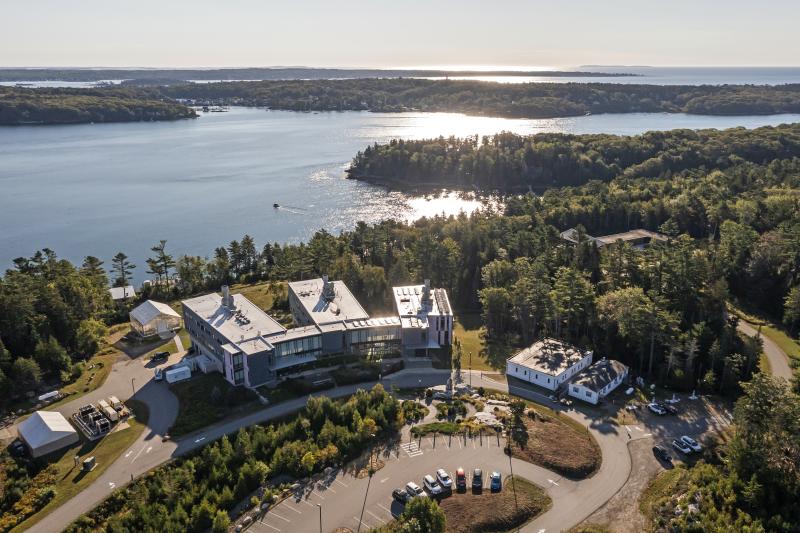
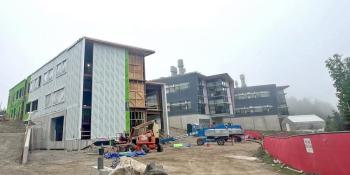
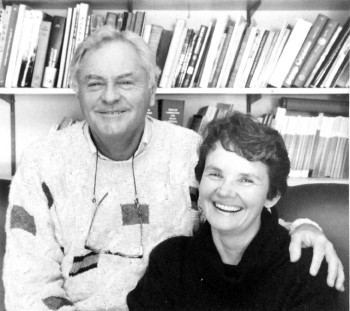
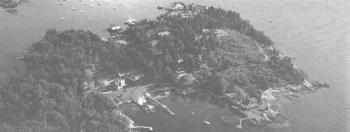
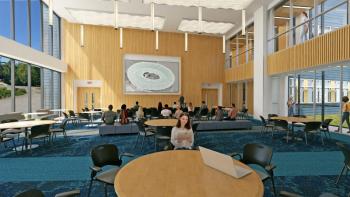




























.png)

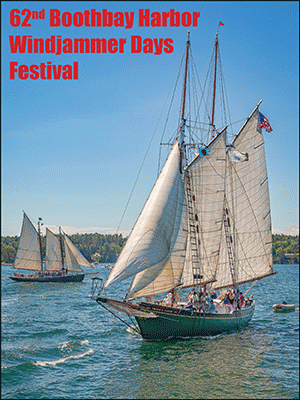
.png)
